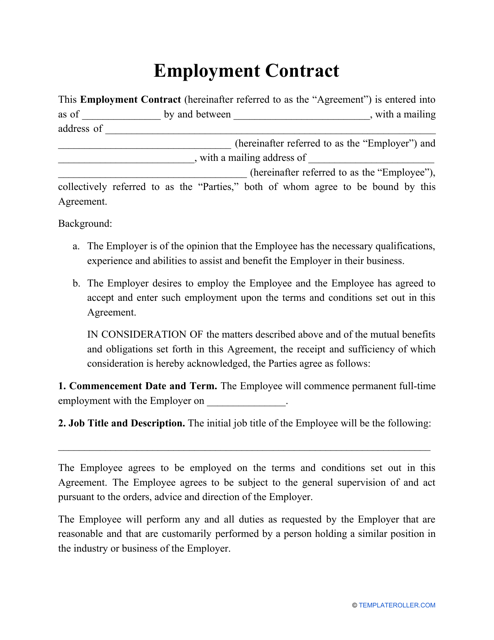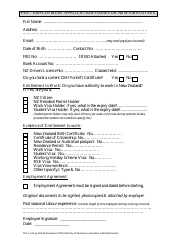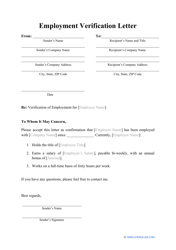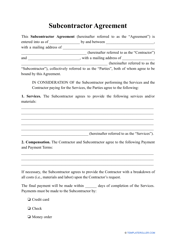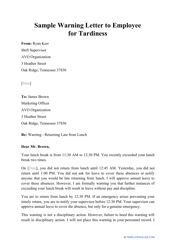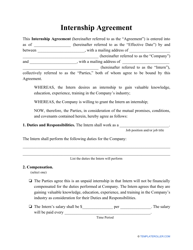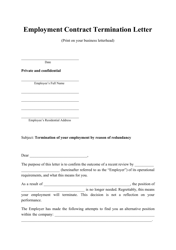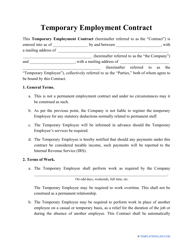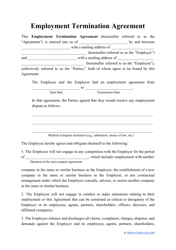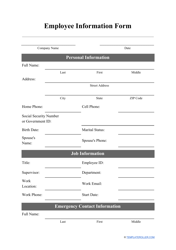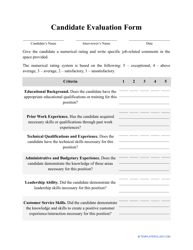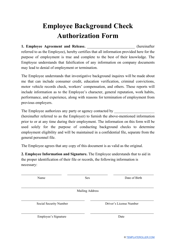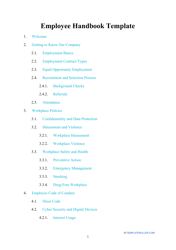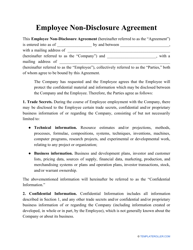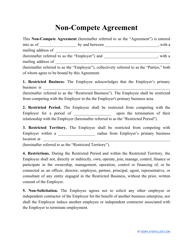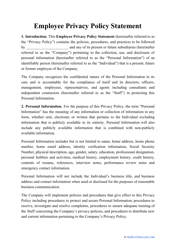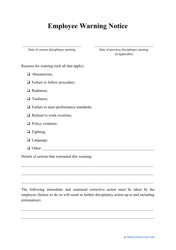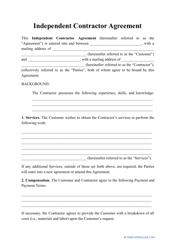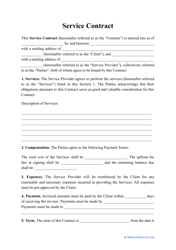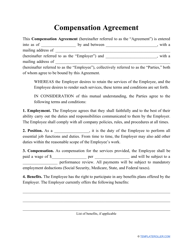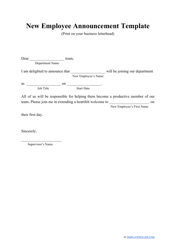Employment Contract Template
What Is an Employment Contract?
An Employment Contract is a legal agreement signed between an employer and an employee (or a company and an individual) in which the employer is bound to provide the employee with work and pay them an agreed salary, while the employee is legally bound to work for the employer on the terms stated in the contract. The purpose of the document is to describe all of the terms and conditions that regulate the relationship between the employer and the employee that they have agreed on.
An Employment contract template can be downloaded below or can be tailored to your needs using our online form builder.
Alternate Names:
- Employment Agreement;
- Employee Contract;
- Labor Contract.
A Contract for Employment is a very complex document that regulates the majority of questions connected with employment. It determines in detail how the employee will be paid, their working hours, what their main responsibilities will be, what kind of benefits they are entitled to, etc. It can be used for any type of employee, however, it can be modified depending on the specifics of the situation. For example, for contractor employment, the employer should include the terms regulating the work time for the contractors and their specific fees. Additionally, Contractor Agreements usually do not include any benefits or paid leave.
A Temporary Employment Contract is a related legal document signed between an employer and an employee (or a company and an individual) in which the parties have decided that the employee is engaged in work only for a specific period of time.
What Are the Benefits of a Contract of Employment?
One of the main purposes of the contract is to detail what kind of benefits the employee is entitled to. The benefits can cover different areas of the employee's life and depend on the company that provides them, and the level of the employee, however, most of them include salary, vacation time, health insurance, unemployment benefits, etc.
However, having an Employment Agreement can be important for other reasons as well. With it, the parties receive a list of advantages such as:
- A list of written rights and responsibilities that each party must follow, thus, it secures the positions of all of the involved parties.
- Each procedure, such as contract termination or contract prolongation, is described in detail, so before initiating it, each party should follow the appropriate steps. It protects employment from unsolicited and unexpected situations.
- Each contract statement can be changed only after the parties have negotiated and agreed on it, which prevents the document from being one-sided.
How to Write an Employment Contract?
The Employment Contract format can contain several main parts, which include the following:
- The Parties. In the first part of the document, the parties should enter their names and addresses;
- The Subject. Here the involved parties should describe the nature of their relationship, stating that the parties are entering the employment relationship which is regulated by this agreement;
- Employment Benefits. Parties use this part of the document to designate the benefits that the employee is entitled to. It includes the salary, bonuses, paid vacation days, health insurance, etc. (if applicable);
- Rights and Responsibilities of Parties. This is the biggest part of the document, where all of the parties' rights and responsibilities must be listed with great detail. The more exact it is, the easier it will be to avoid any misunderstandings.
Parties can include other sections in the agreement, such as severability, contact information, jurisdiction, contract termination, governing law, a non-disclosure clause, a non-compete clause, information about representatives, definitions, etc.
The contents of the contract also depend on the position of the employee. For example, if an employee holds the position of Company President, their executive Employment Contract will be slightly different from a regular Labor Contract. Usually, an average executive Employment Contract entitles more responsibilities to the employee but compensates it with more employment benefits as well.
How to Negotiate an Employment Contract?
Even though the Employment Contract is developed for all of the employees (with some minor differences due to the position level), there are always things that can be negotiated. If an individual is offered employment in a company, here is the list of major things they should pay attention to:
- Make sure that everything's in writing. All of the promises that the prospective employer made to the individual but never put in the contract have no legal power. The individual should make sure that everything promised to them is written in the contract, and that the contract is signed by both parties.
- Negotiate the salary. The individual should not only pay attention to the salary rate, but also to how it will be calculated, when it will be paid, and how often it will be increased. Individuals should also check if there are any other compensations that they will be entitled to; or are there any circumstances under which their salary can be reduced.
- Discuss the probation period. If the agreement contains a probation clause, the individual should try and ask their potential employer to remove it. The probation period does not give the individual any security, and they can be removed from work at any time.
If the individual feels uncertain and seeks help for the negotiation, they should schedule a meeting with a local lawyer. While looking for one they should focus on finding a professional labor specialist with comprehensive knowledge on the subject.
Still looking for a particular form? Take a look at these similar templates:
